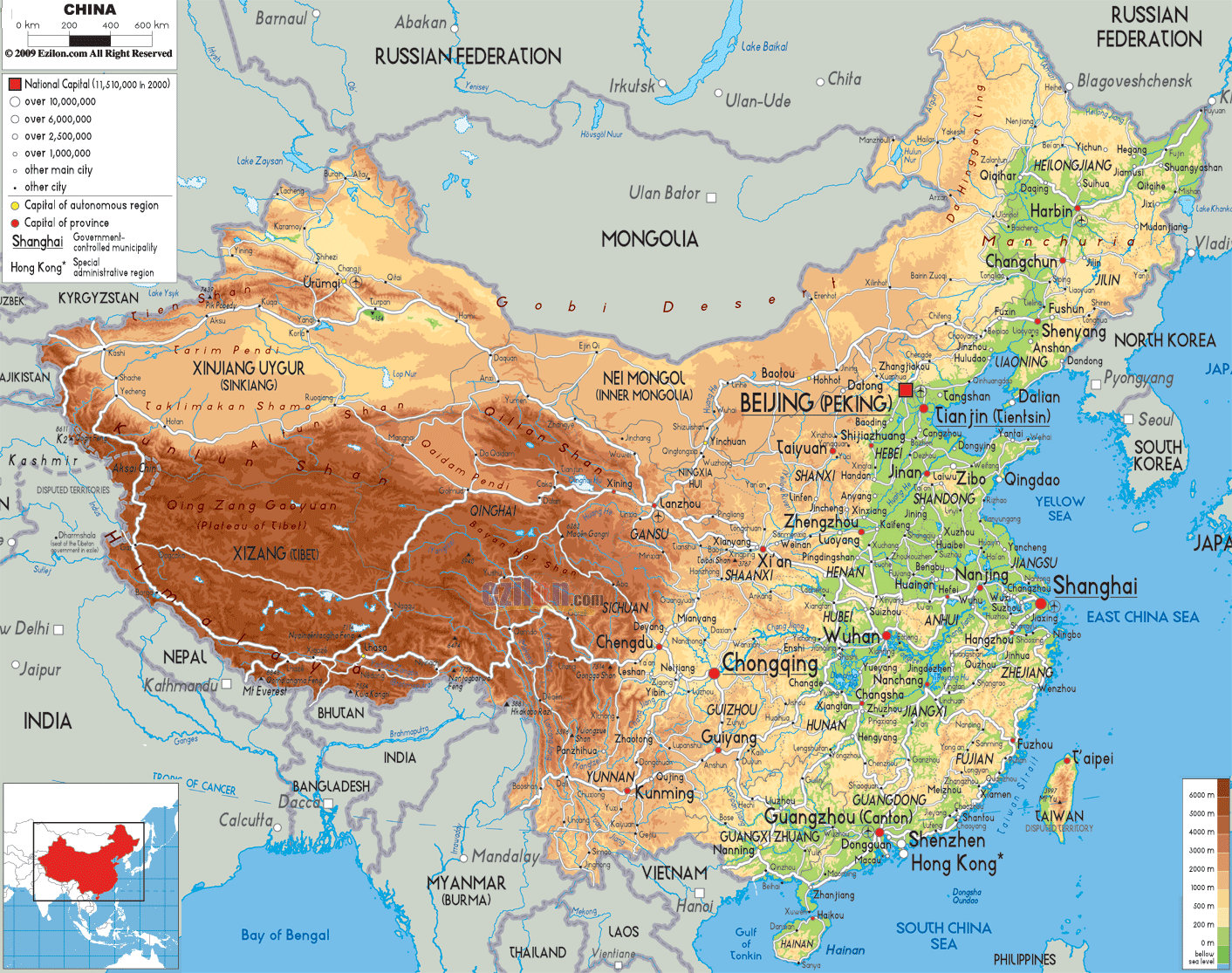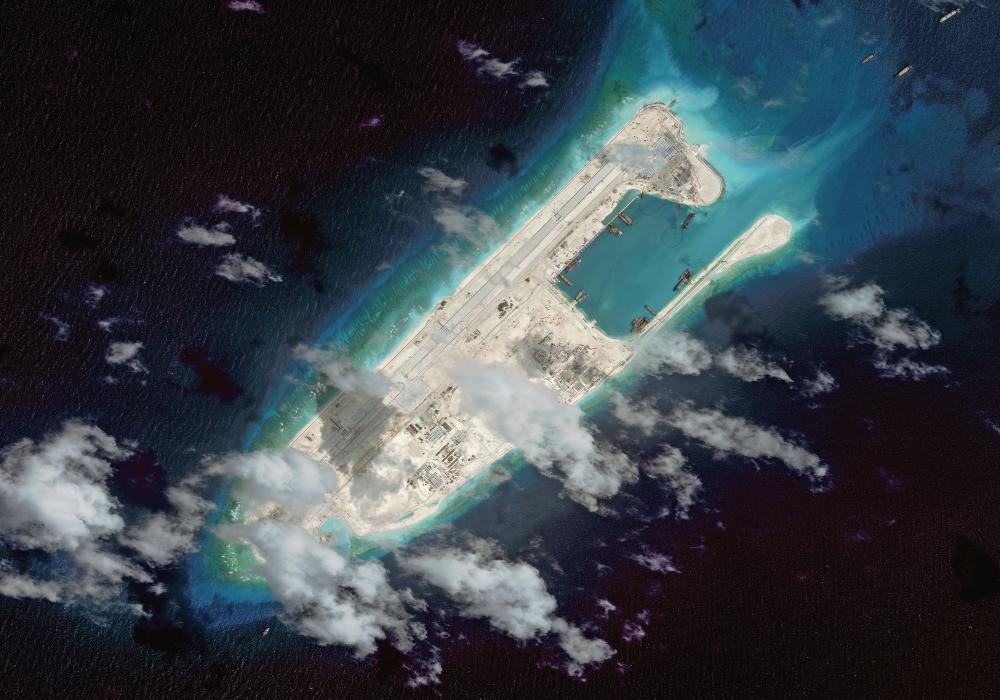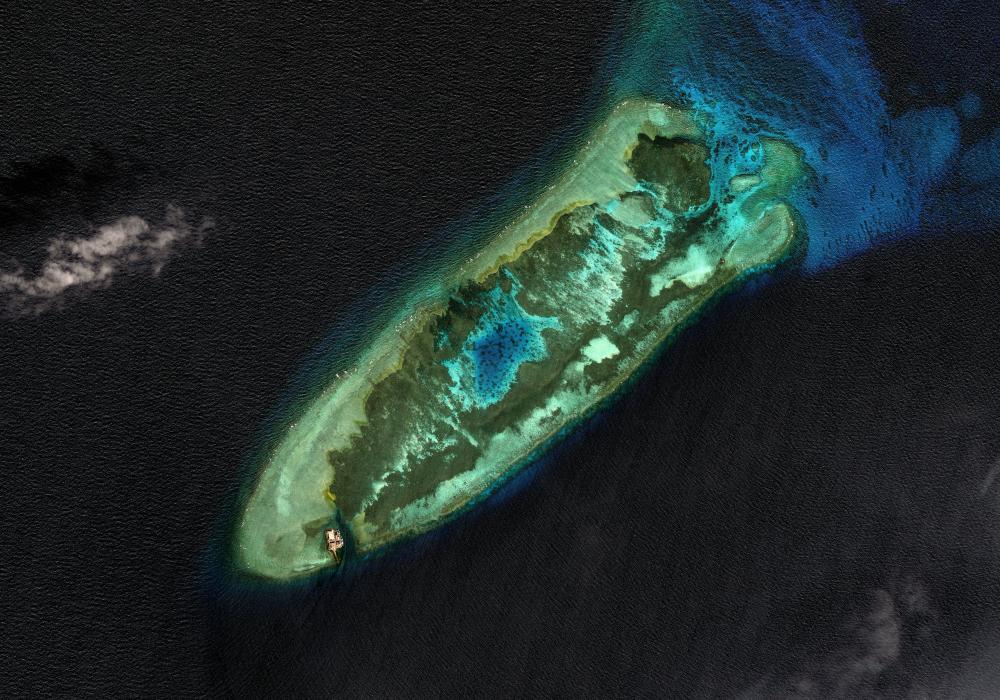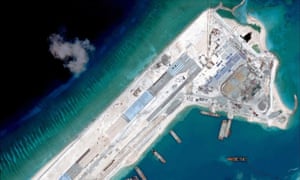Bushmaster
Greatest Leader
tämä on jo vanha..eilinen juttu ...mutta kummalisesti vaan kaikki muut maat uhkaavat kiinaa tai venäjää mutta heidän toimensa ovat puhdasta "blissiä" maapurimaille joiden alueilla/rajojen läheisyydessä nämä valtiot puuhaavat?
http://yle.fi/uutiset/kiina_varoitt...han_ja_turvallisuuden_vaarantamisesta/8160765
Kiina varoittaa Japania alueen rauhan ja turvallisuuden vaarantamisesta
Japanin parlamentin erityiskomitea hyväksyi kaksi lakiesitystä, jotka koko parlamentin läpäistessään sallisivat Japanin sotilaiden osallistumisen operaatioihin ulkomailla ensimmäistä kertaa toisen maailmansodan jälkeen. Myöhemmin torstaina myös parlamentin alahuone hyväksyi lakimuutokset. Lakimuutokset on hyväksyttävä vielä parlamentin ylähuoneessa
Kiina on varoittanut Japania alueen rauhan ja turvallisuuden vaarantamisesta. Japanin parlamentin erityiskomitea hyväksyi kaksi lakiesitystä, jotka koko parlamentin läpäistessään sallisivat Japanin sotilaiden osallistumisen operaatioihin ulkomailla ensimmäistä kertaa toisen maailmansodan jälkeen.
Myöhemmin torstaina lakiesitykset menivät läpi myös parlamentin alahuoneessa. Opposition edustajat kävelivät ulos salista niiden puheenjohtajien puheenvuorojen jälkeen. Pääministeri Shinzo Aben liberaalidemokraattinen puolue ja sitä tukeva Komei-puolue olisivat voittaneet äänestyksen, vaikka oppositio olisi pysynytkin salissa, sillä kahdella puolueella on kaksi kolmasosaa alahuoneen paikoista.
– On täysin oikeutettua kysyä, aikooko Japani hylätä yksinomaan puolustukseen perustuneen politiikkansa, Kiinan ulkoministerin tiedottaja Hua Chynying sanoo lausunnossa.
– Kehotamme Japania vakavasti pidättymään Kiinan suvereniteetin ja turvallisuusintressien vaarantamisesta tai alueen rauhan ja turvallisuuden vaarantamisesta.
Hua kuvailee lakiesitysten hyväksymistä ennennäkemättömäksi vedoksi sitten toisen maailmansodan. Japani hyökkäsi Kiinaan vuonna 1937. Sota päättyi Japanin antautumiseen 1945.
Japanin pääministeri Shinzo Abe on sanonut, että aika on muuttunut, ja Japanin täytyy vahvistaa puolustustaan muun muassa Kiinan kasvavaa sotilasmahtia vastaan.
Täydennetty 18.01: Lisätty, että laki meni läpi myös parlamentin alahuoneessa.
http://yle.fi/uutiset/kiina_varoitt...han_ja_turvallisuuden_vaarantamisesta/8160765
Kiina varoittaa Japania alueen rauhan ja turvallisuuden vaarantamisesta
Japanin parlamentin erityiskomitea hyväksyi kaksi lakiesitystä, jotka koko parlamentin läpäistessään sallisivat Japanin sotilaiden osallistumisen operaatioihin ulkomailla ensimmäistä kertaa toisen maailmansodan jälkeen. Myöhemmin torstaina myös parlamentin alahuone hyväksyi lakimuutokset. Lakimuutokset on hyväksyttävä vielä parlamentin ylähuoneessa
Kiina on varoittanut Japania alueen rauhan ja turvallisuuden vaarantamisesta. Japanin parlamentin erityiskomitea hyväksyi kaksi lakiesitystä, jotka koko parlamentin läpäistessään sallisivat Japanin sotilaiden osallistumisen operaatioihin ulkomailla ensimmäistä kertaa toisen maailmansodan jälkeen.
Myöhemmin torstaina lakiesitykset menivät läpi myös parlamentin alahuoneessa. Opposition edustajat kävelivät ulos salista niiden puheenjohtajien puheenvuorojen jälkeen. Pääministeri Shinzo Aben liberaalidemokraattinen puolue ja sitä tukeva Komei-puolue olisivat voittaneet äänestyksen, vaikka oppositio olisi pysynytkin salissa, sillä kahdella puolueella on kaksi kolmasosaa alahuoneen paikoista.
– On täysin oikeutettua kysyä, aikooko Japani hylätä yksinomaan puolustukseen perustuneen politiikkansa, Kiinan ulkoministerin tiedottaja Hua Chynying sanoo lausunnossa.
– Kehotamme Japania vakavasti pidättymään Kiinan suvereniteetin ja turvallisuusintressien vaarantamisesta tai alueen rauhan ja turvallisuuden vaarantamisesta.
Hua kuvailee lakiesitysten hyväksymistä ennennäkemättömäksi vedoksi sitten toisen maailmansodan. Japani hyökkäsi Kiinaan vuonna 1937. Sota päättyi Japanin antautumiseen 1945.
Japanin pääministeri Shinzo Abe on sanonut, että aika on muuttunut, ja Japanin täytyy vahvistaa puolustustaan muun muassa Kiinan kasvavaa sotilasmahtia vastaan.
Täydennetty 18.01: Lisätty, että laki meni läpi myös parlamentin alahuoneessa.






